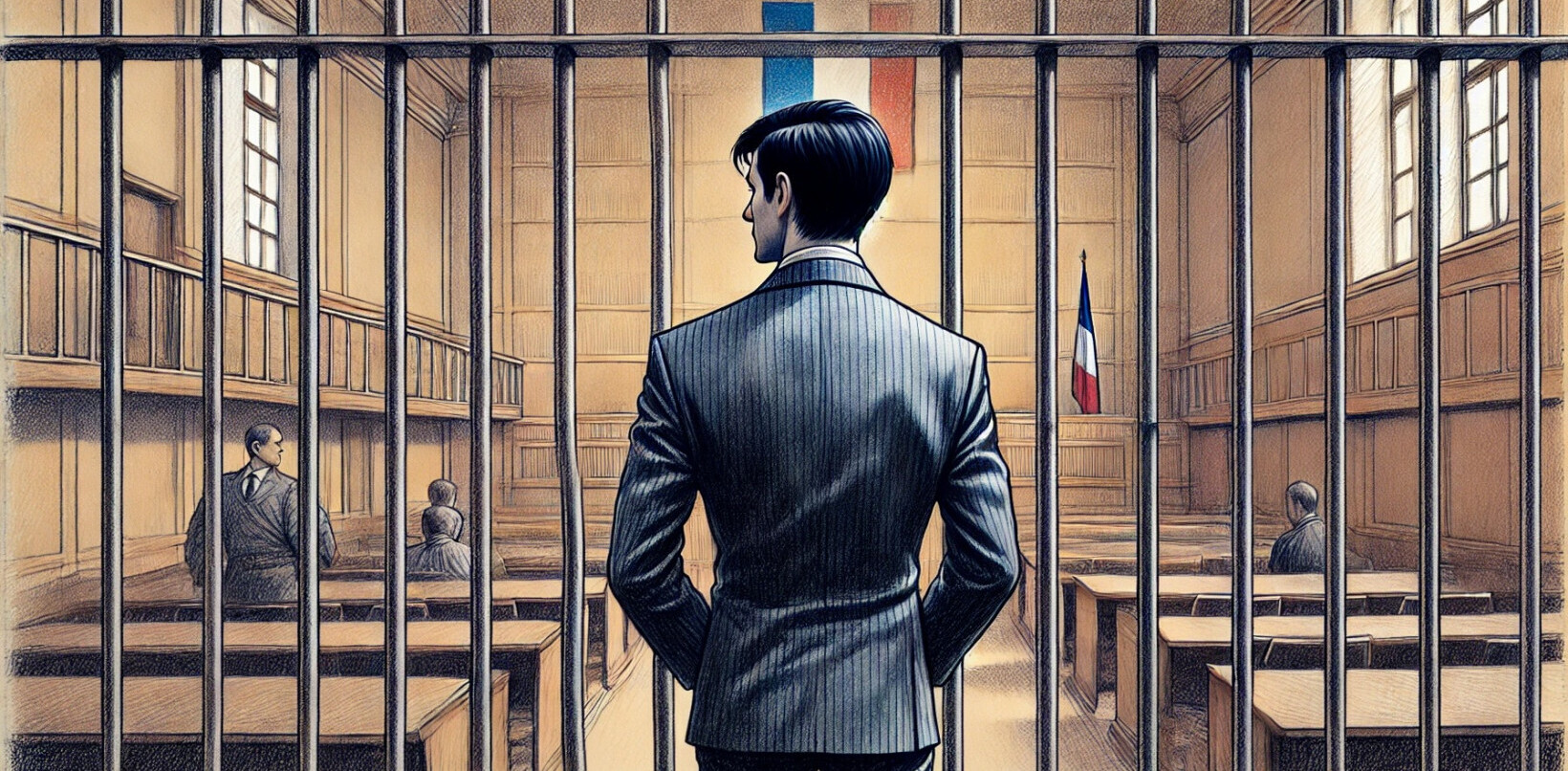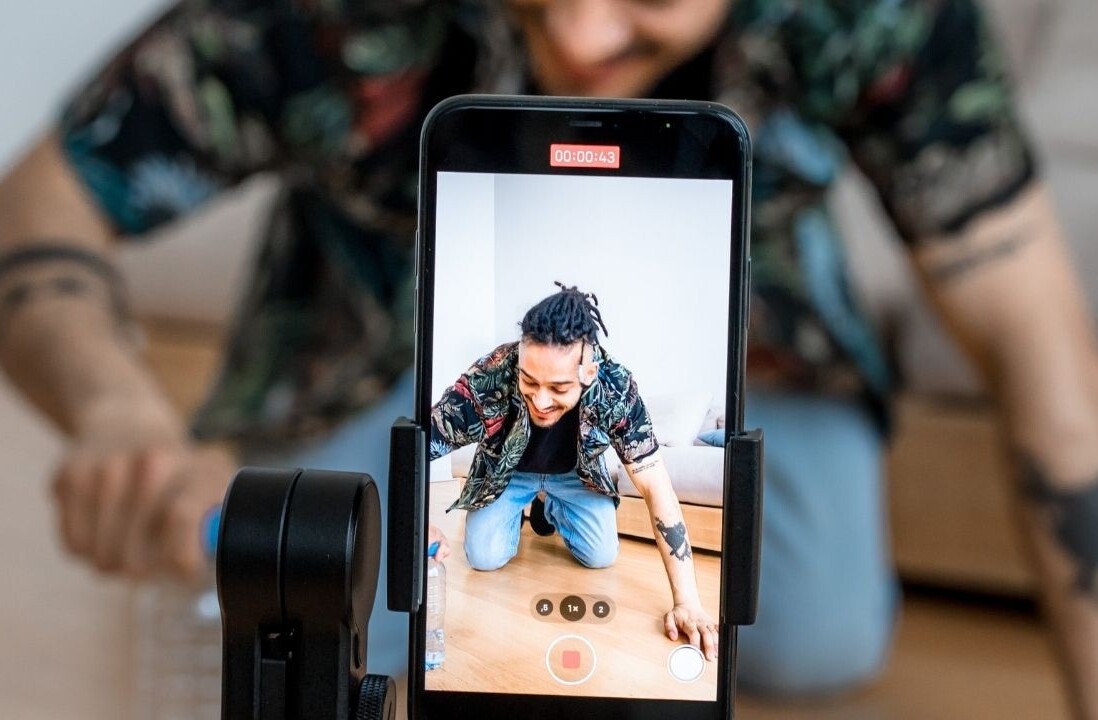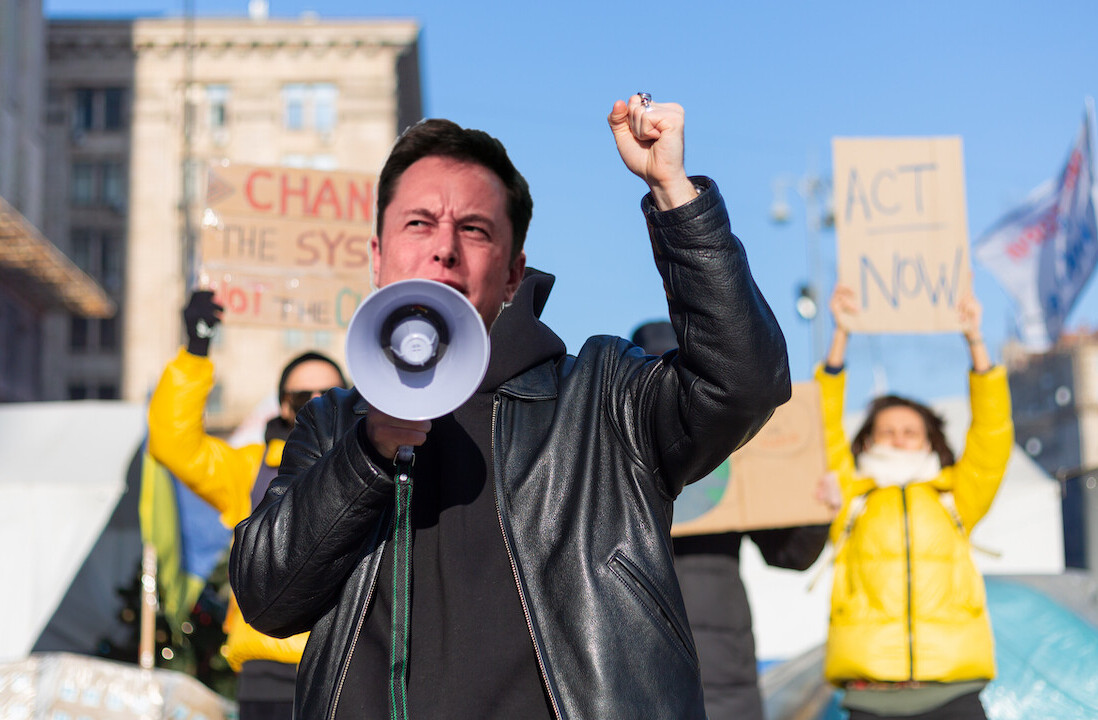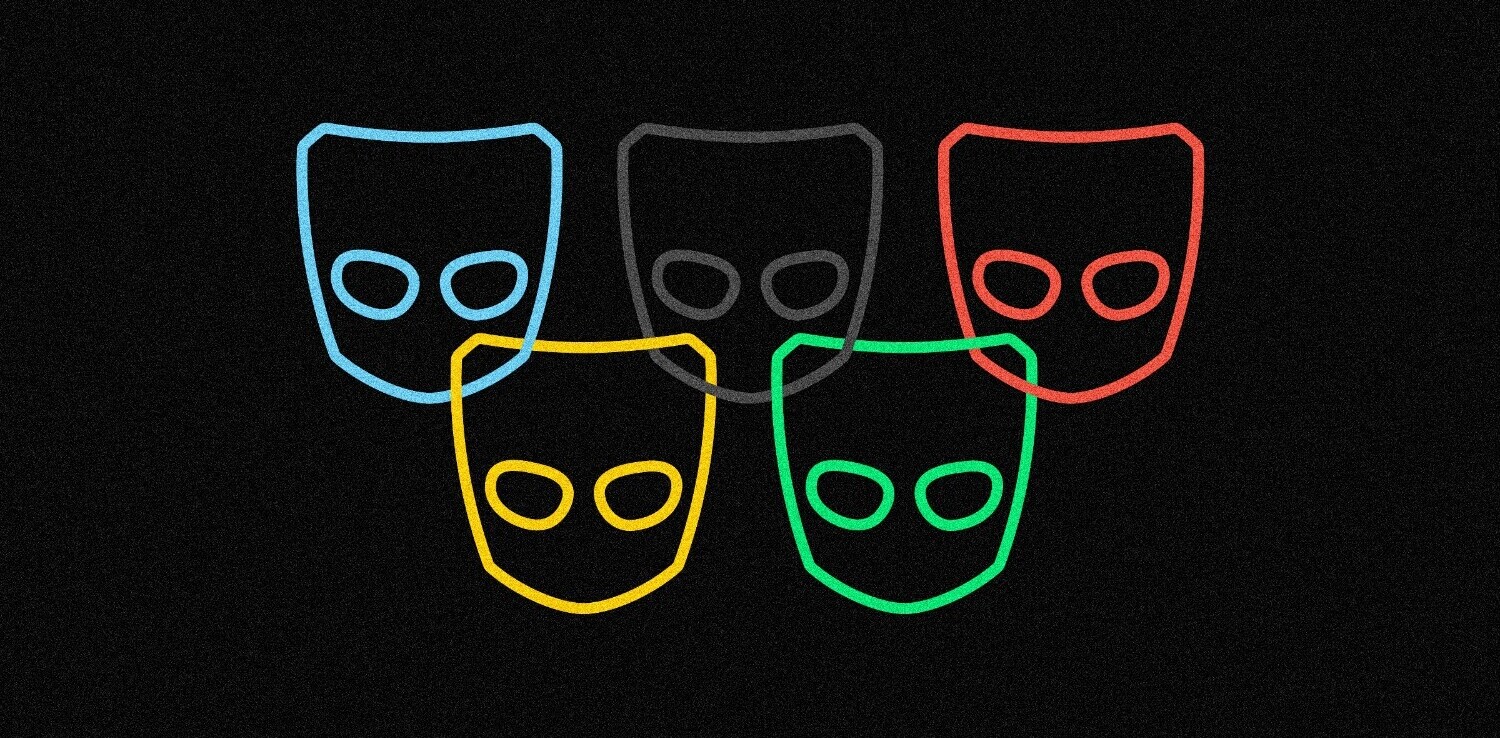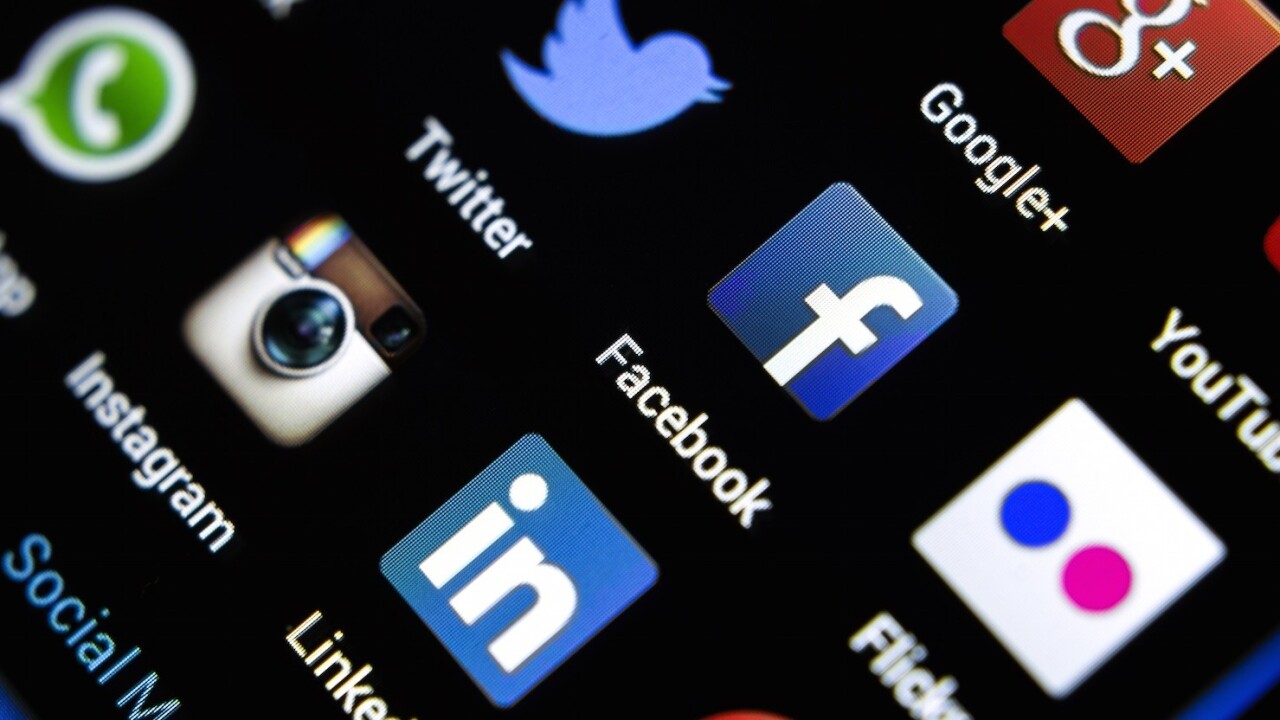
The enormous impact of social media on politics is undeniable: from fomenting political upheavals such as during the Arab Spring, to career-ending tweets such as those by British MP Emily Thornberry or US congressman Anthony Weiner, to providing the medium around which political tribes grow, from the Milifans to the indignados. Social media has become a channel through which information spreads, creating a new way of participating in politics for those not typically politically engaged. Facebook can even affect voter turnout which, while small, could be decisive.
José Antonio Rodríguez Salas, mayor of the small Spanish town of Jun, Granada, thinks social media can do more than build campaigns and right wrongs. He has urged his small Andalusian community to use Twitter to contact the government over everything from doctor’s appointments to school meals to reporting broken street lights or rubbish that needs collecting.
With 600 of the town’s 3,500 residents now signed up, his connected administration has made the local street sweeper’s job easier (and turned him into a celebrity). Repairs are reported more easily. The local police are more responsive and accountability is improved. A Twitter logo adorns a local monument.

Spain is not alone. Perhaps the most eye-catching example of online accountability is in China, where the so-called “Human Flesh Search Engines” – citizens using Badu, China’s equivalent of Twitter – have become a force to be reckoned with. Activists working through social media have been responsible for exposing corrupt or cruel officials, or countering government propaganda after events such as the Sichuan earthquake.
There are now international networks of online factcheckers who check politicians’ claims.
But there are limits. These fascinating series of experiments from Harvard researchers show that China’s human flesh searchers are tolerated as a means of refreshing the Communist Party’s ranks and rooting out corruption. In other words they operate as a kind of human fire alarm – and as an alternative to elections. But should protest turn into collective action they are rapidly stopped. More worryingly, it’s not just government officials but citizens and the innocent who are sometimes targeted when mistakes are made or accountability tips over into vigilantism.
Spreading information or a message that “goes viral” is often the beginning, not the end, of accountability. To make social media effective needs the right people, strong networks and the right information. For every one burning issue lighting up the internet there are probably ten damp squibs that go unnoticed.
And of course the ability to spread rumours, gossip or innuendo can undermine legal processes. Nor will all information be there forever; Twitter recently barred a site that saved UK politicians’ deleted tweets, for example.

We need the tools to hold someone to account. Few politicians are as small, local or as easy to connect as Jun. Information will only get you so far and political tools are needed to turn online anger into political action – whether that’s grievance mechanisms, communication channels, disciplinary proceedings or elections.
Social media alone is not a solution, but as one part of a range of new tools to empower citizens to hold their leaders to account – from the mainstream media to leaks, Freedom of Information Act requests or petitions – it could provide the means to keep governments honest and citizens engaged.
There are already policies in place that would make it work well – the new Recall Act would allow unhappy constituents to trigger a by-election to rid themselves of misbehaving representatives, for example. That would certainly be enough to prompt politicians to think about what their electorate is tweeting.
![]()
Read Next: The Corbyn coronation: A real online movement could change British politics forever
Image credit: Shutterstock
Ben Worthy, Lecturer in Politics , Birkbeck, University of London
This article was originally published on The Conversation. Read the original article.
Get the TNW newsletter
Get the most important tech news in your inbox each week.
